|
These days schools face a variety of people with different socio-cultural backgrounds and teachers have to help students adapt to this new cultural environment and understand that diversity is a value, not a problem. This is one of the biggest challenges for teachers. The course “Intercultural learning and cultural diversity in the classroom” took place in Palermo from 19/02/2022 to 25/02/2022. The participants came from all across Europe with Ramona, Simona, Laura and Adriana Maria from Colegiul Naţional Pedagogic Vasile Lupu, in Romania; Christele, Christine, Hervè and Kilian from ADDECIV, in France; Margarida, Glória ,Carla, Sónia from Agrupamento de Escolas de Proença a Nova in Portugal; Estera from Zespół Szkolno-Przedszkolny in Poland; Cristiana and Snjezana from Osnovna škola Pećine in Croatia; and Ana from Agrupamento de Escolas de Anadia, also in Portugal. We started looking at what “Intercultural Learning” is and the participants reflected on what they think about that, discovering that there are different ways to see it. Participants also learned about the goals of intercultural learning and education which acknowledge and celebrate diversity among all learners, provide all students opportunities to learn and design learning environments that enable all learners to feel included. Starting from themselves, they reflected on the concept of identity because accepting and understanding our own identities is the first step to accept and understand the others’. Each person’s identity is made of multiple elements and is unique. Our participants learned more about the different models of identity: the metaphors of the iceberg, the onion and the tree helped them to understand that the powerful foundations of one’s identity are more difficult to spot. Focusing on the 3 R’s of human experience (rituals,relationships and restrictions), they realized that the identity consists of the experiences we have made. Moreover, through a lot of practical activities, our participants discovered the difference between stereotype, prejudice and discrimination. Thanks to a TED talk by Chimamanda Ngozi Adichie, they acknowledged the power of storytelling and the danger of a single story. Participants understood that reality can be seen from different “angles” and through different “glasses”. One of the ways to make our classrooms more inclusive is to promote intercultural awareness and sensitivity and be aware that there are cultural differences in communication: both verbal and non-verbal language can have different meanings in different cultures. Being aware of these differences is important to ensure successful intercultural communication. Our participants had also the chance to experience it thanks to a lot of different fun activities which challenged their intercultural communication skills. Another important aspect to focus on is empathy. During the week, they had the chance to put themselves in the others’ shoes and try to understand how it feels. As part of the learning process, the participants had the chance to visit a local social enterprise in Palermo named “Moltivolti”, which deals with interculturality every day and that was created starting from and thanks to cultural diversity. Thanks to Malick, a cultural mediator, we were given the possibility to do a tour of one of the most multicultural Palermo neighborhoods and to see it through Malick’s eyes, therefore from another perspective and wearing different “glasses”, putting into action the knowledge gained in classroom. Discover more about this course here!
|
Welcome to the ELA Blog. Here you will find articles and photos of our courses and have a look at the topics addressed during the week in Bologna, Palermo and Tenerife. You will also have the chance to take a peek at our projects and check out what we have been up to.
Archives
July 2024
Categories |
-
Course catalogue
- 2023-2024 course catalogue
- Soft Skills >
- ICT and New Technologies >
- Inclusion and Diversity >
-
Innovative Teaching Methods
>
- Innovative teaching methods discovery
- Non-formal education teaching methods
- Dual education and work-based learning
- Teaching leadership and entrepreneurship
- Project based learning
- Game based learning and gamification
- Green skills
- Outdoor education
- Outdoor education trekking edition
- Promoting creativity and critical thinking
- Languages and EU projects >
- Preschool >
- Erasmus Plus KA1
- What we do
- About us
- Locations
- Blog
- Contact us
 English
English български
български Čeština
Čeština Español
Español Français
Français ελληνικά
ελληνικά Italiano
Italiano Polski
Polski Português
Português Română
Română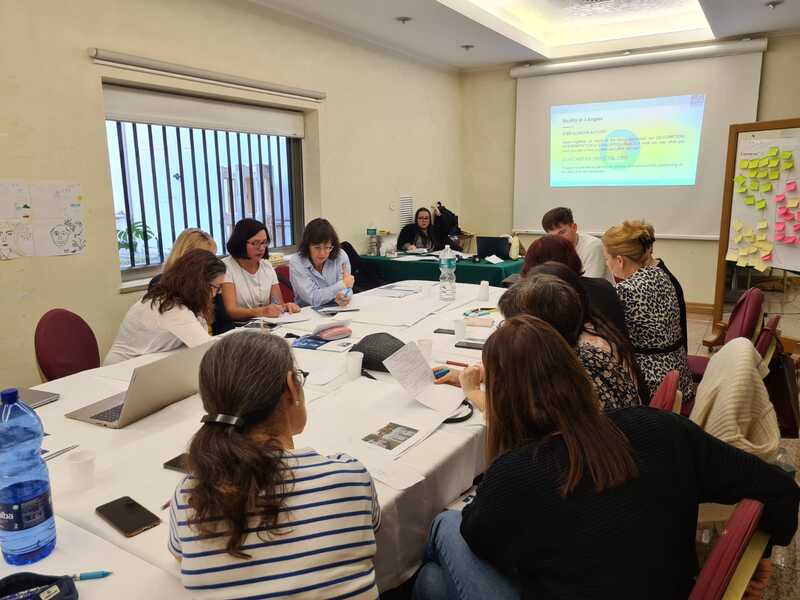
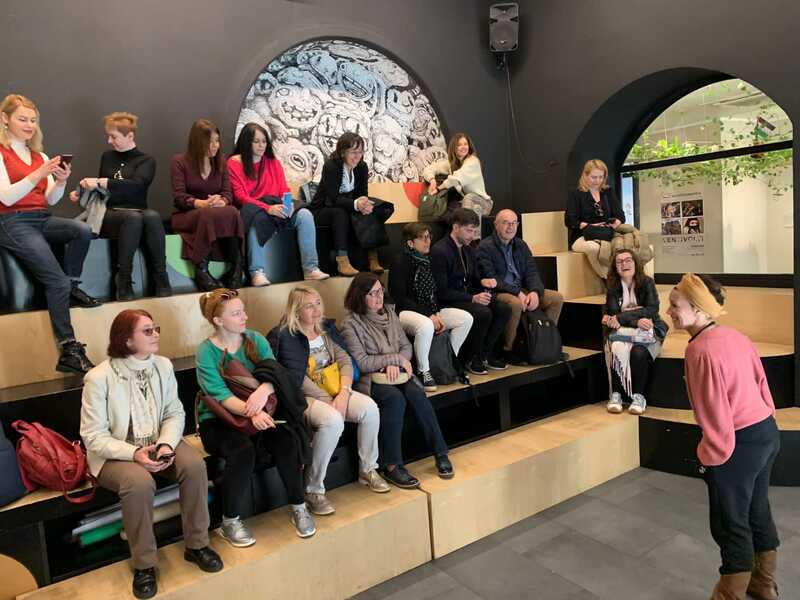
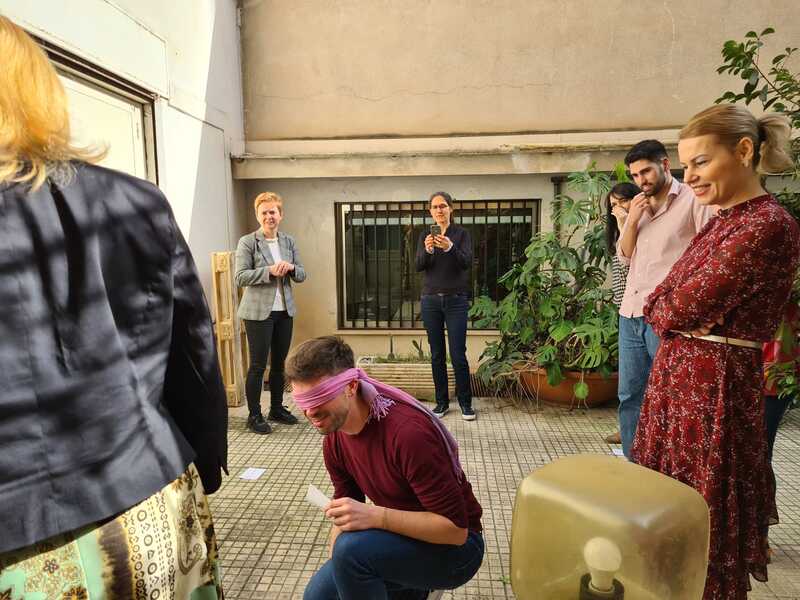
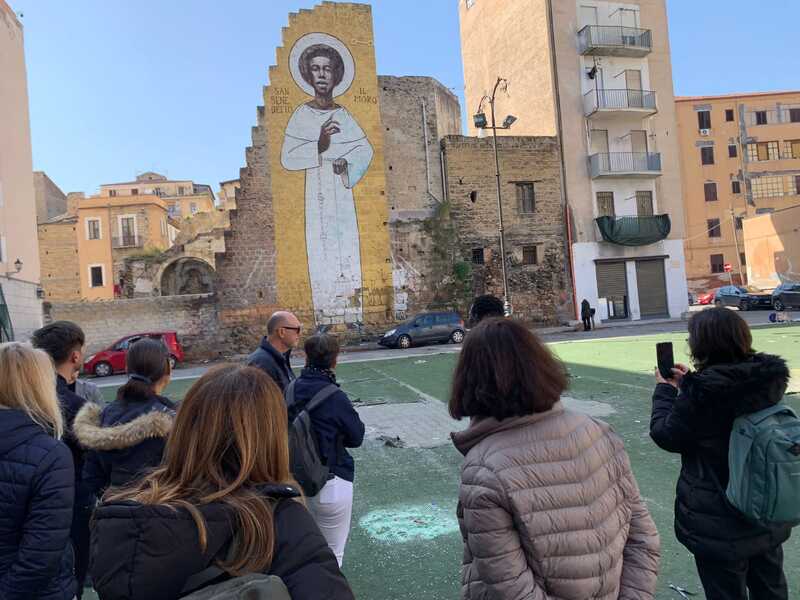
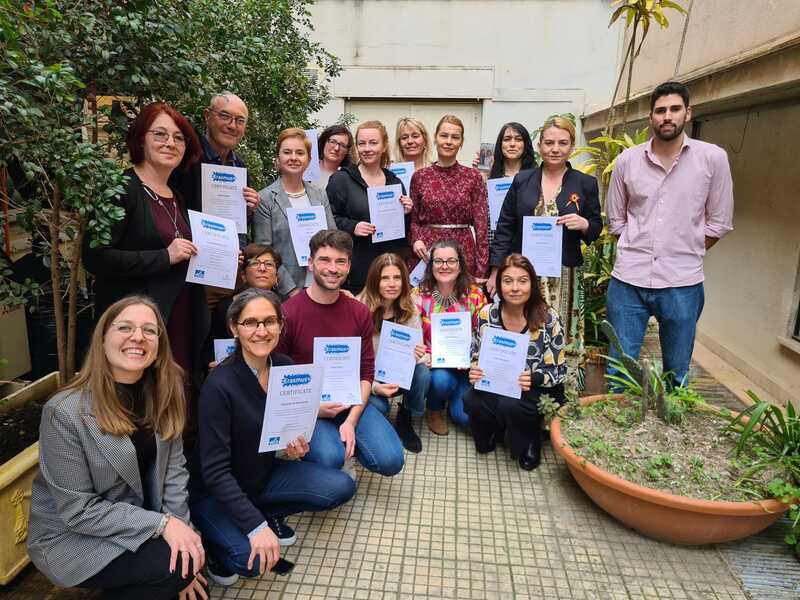
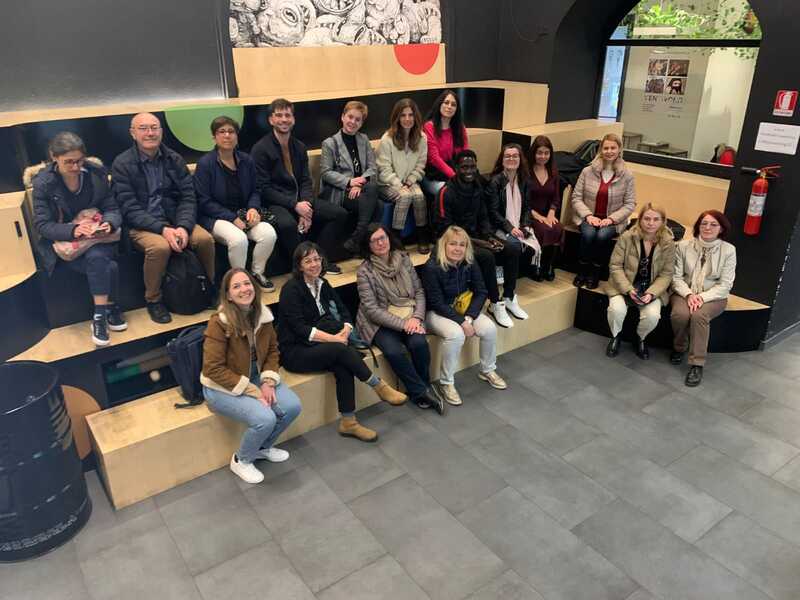
 RSS Feed
RSS Feed









